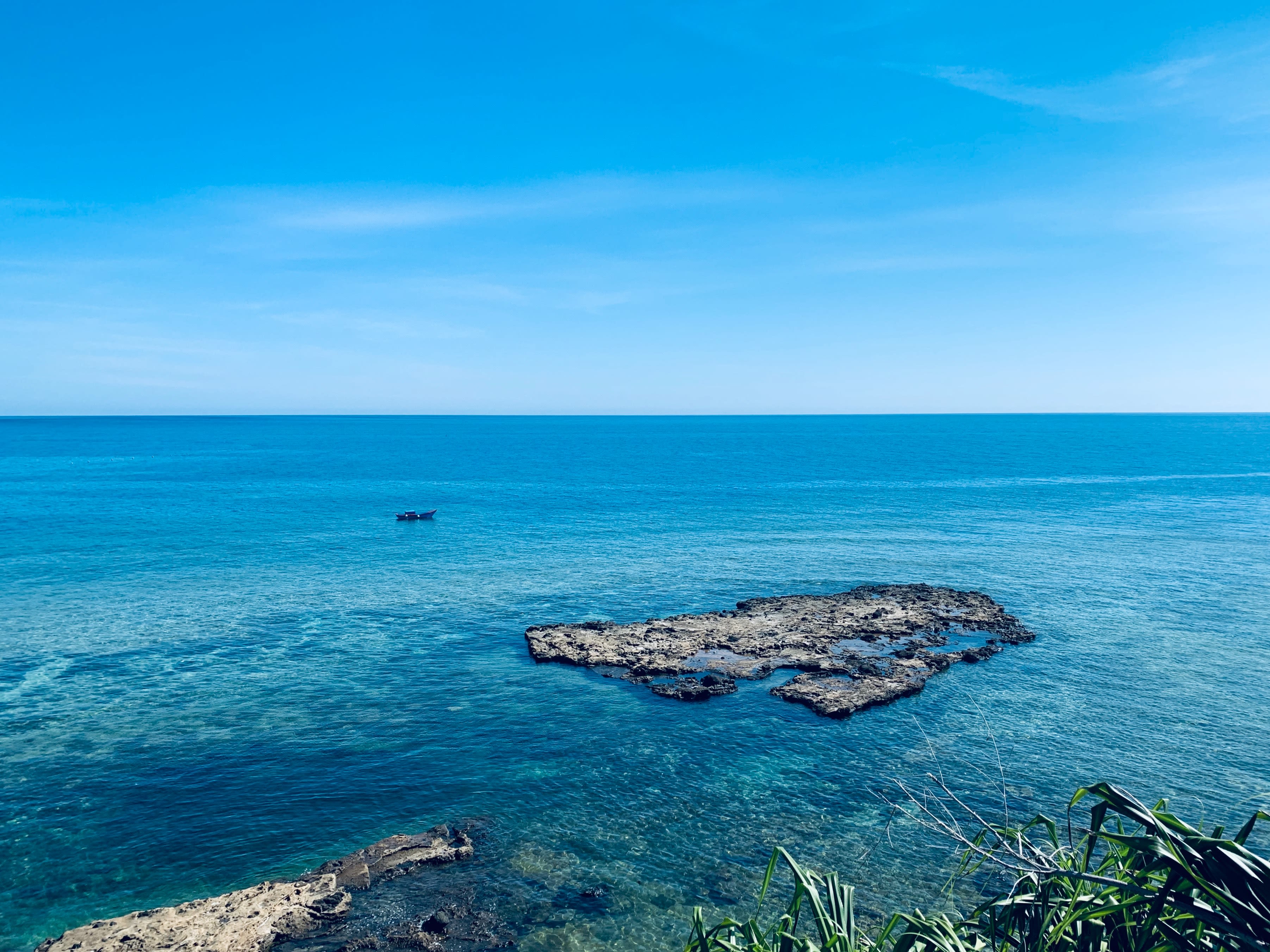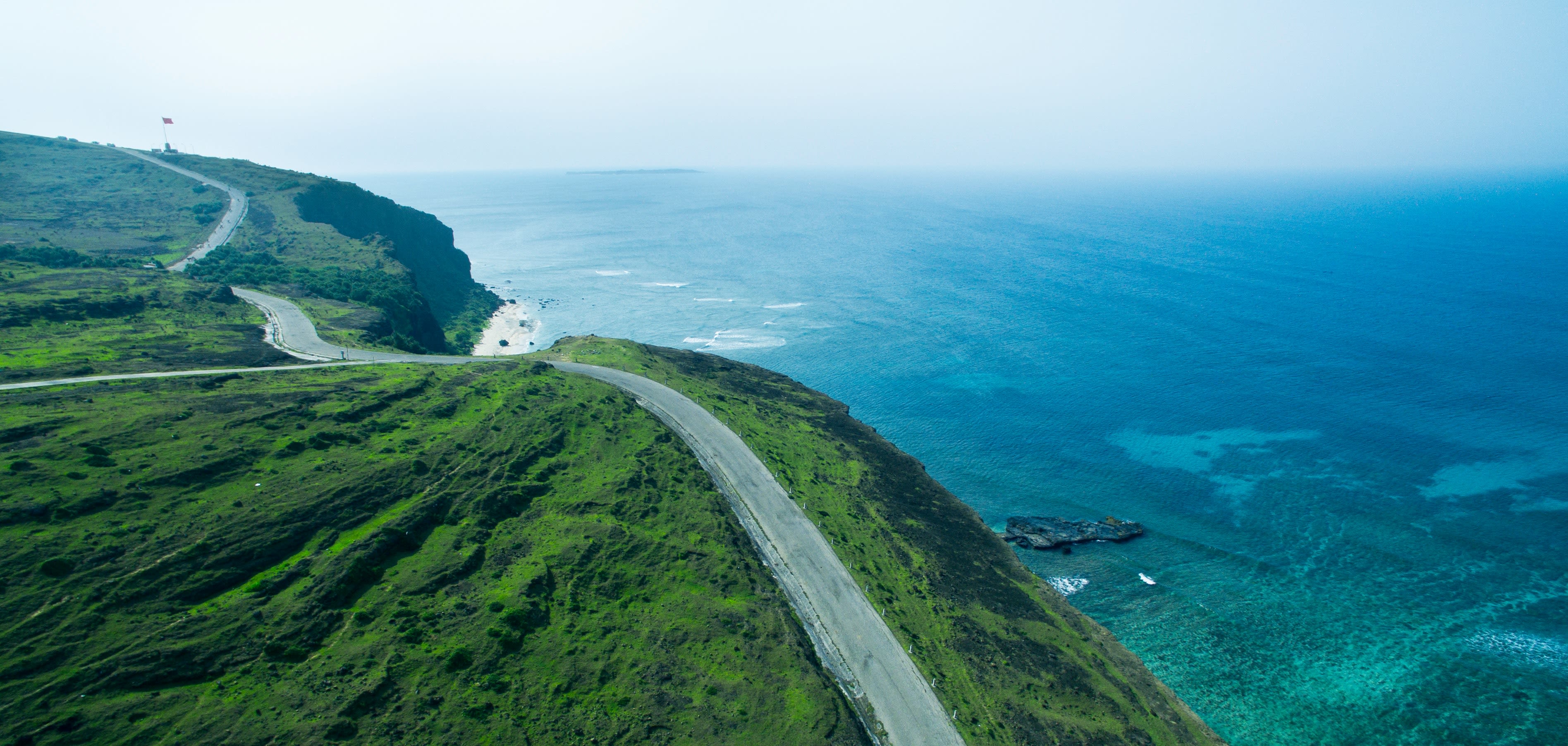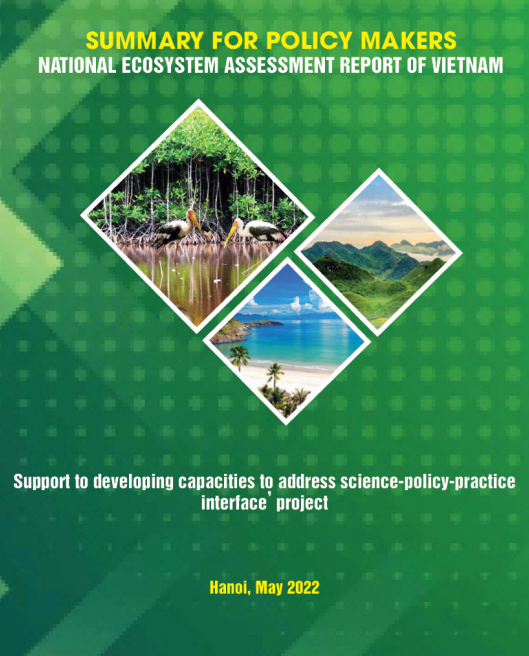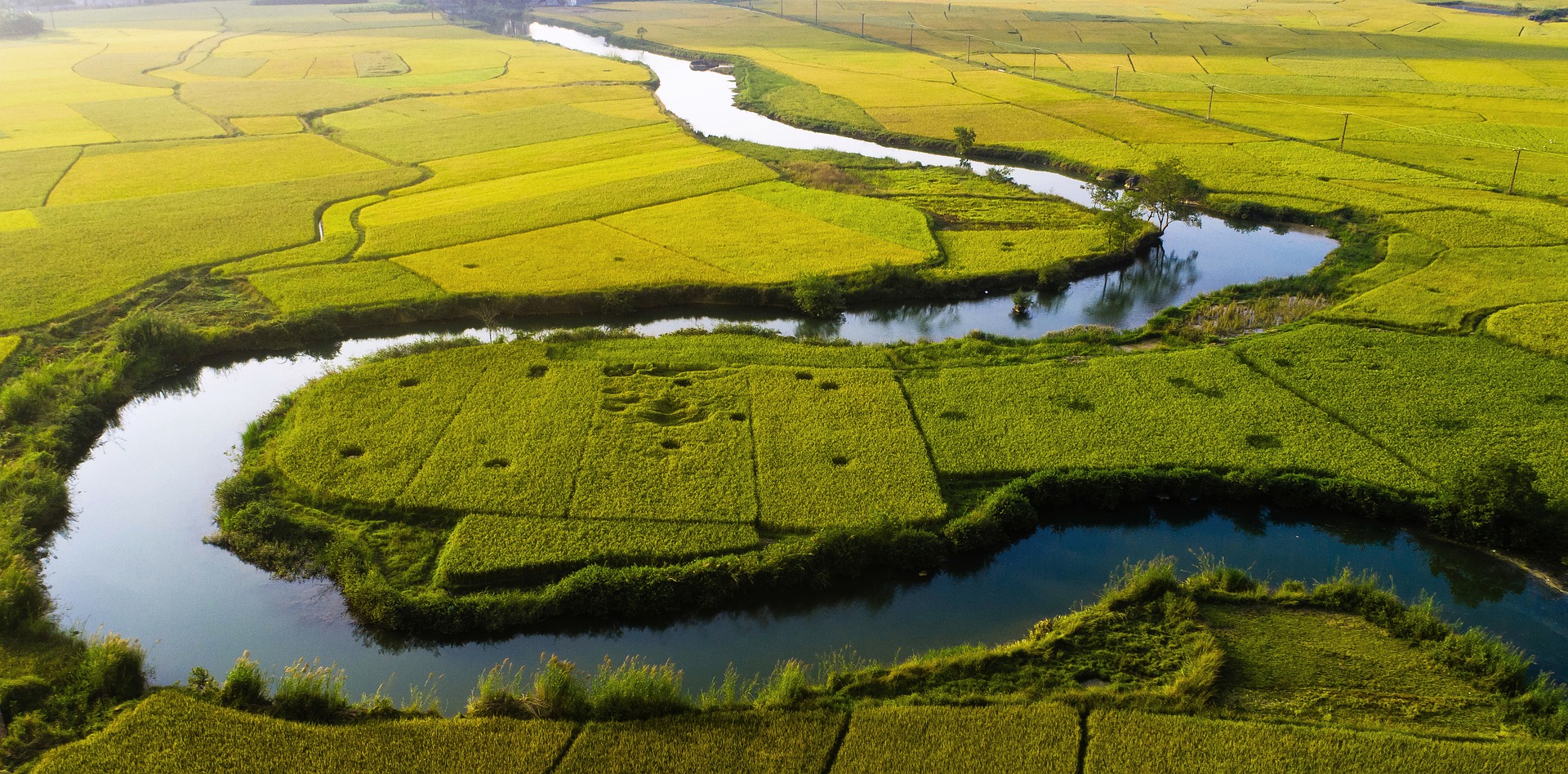Viet Nam Builds on its National Ecosystem Assessment with
Payments for a Wetland and Marine Ecosystem Services Scheme
by Jordan Metro and the BES-Net Team

Photo by Bro Canvas on Unsplash
Photo by Bro Canvas on Unsplash
When Viet Nam’s national ecosystem assessment was validated this May, it provided a first-of-its-kind synthesis of knowledge on the country’s biodiversity and ecosystem services. Revealing insights about Viet Nam’s depth of biodiversity, declining rate of ecosystem health and dependence on ecosystem services, it has served as a comprehensive resource for decision-makers, highlighting key drivers of change and providing recommendations for laws, policies and plans aimed at maintaining and restoring ecosystem services across the country.
Viet Nam is among the first countries to be awarded catalytic financial support through BES-Net's BES Solution Fund to implement key recommendations arising from the national ecosystem assessment, among other priority activities. This two-year grant aims to translate recommendations into action, strengthening collaboration among policy, science and practice communities.
One of the national ecosystem assessment’s key findings was that Viet Nam’s wetland and marine ecosystems have experienced a precipitous decline in biodiversity and/or area over the last 50 years. At the same time, these high biodiversity ecosystems contribute significantly to the country’s socioeconomy through their ecosystem services; for example, 20 million Vietnamese people depend on aquatic resources for some or most of their income.
The assessment identified that shifting economic incentives is a necessary step to facilitate the conservation of these ecosystem services, recommending a potential solution through the introduction of sustainable financing for wetland and marine area conservation.

Photo by Bryce Evans on Unsplash
Photo by Bryce Evans on Unsplash
With support from the BES Solution Fund, Viet Nam’s Institute of Strategy and Policy for Natural Resources and Environment (ISPONRE), together with the Biodiversity Conservation Agency (BCA) (under the Ministry of Natural Resources and Environment) and UNDP Viet Nam, are exploring the potential for a payments for a wetland and marine ecosystem services scheme. This would compensate individuals and communities for actions that preserve marine and wetland ecosystem services, which for example could include sustainable management of coral reefs, restoring and protecting vegetation around inland wetlands or restoring seagrass beds.
The project will build upon the country’s existing payment for forest ecosystem services (PFES) financing mechanism, which was first implemented nearly a decade ago. Designed around the “beneficiary pays” approach, groups such as local hydropower and water supply companies, who benefit from improved forestry practices through ecosystem services like water flow regulation and sediment retention, compensate providers of the services such as forest owners and managers and thus incentivize increased ecosystem conservation. Unlike other payments for ecosystem services schemes, these payments are linked to overall engagement in active forest conservation rather than to achieving specific results.
With the key goal of maintaining biodiversity and vital ecosystem services, as of the end of 2021, the PFES scheme had facilitated payments to 2,270 forest-owning organizations and 251,000 forest-owning individuals, households and communities, with payments totalling VND 2,215 billion (USD 83 million) per year – simultaneously targeting biodiversity conservation and poverty reduction.
The PFES scheme has compensated management and protection of over 7 million hectares of forest across the country (about half of Viet Nam’s total forest area) while simultaneously alleviating the state budget’s allocation for forest conservation investment. PFES revenue is now considered a critical funding source for the restoration of degraded forest ecosystems in Viet Nam.
The development of the payments for wetland and marine ecosystems service scheme is currently in an early stage, with ISPONRE and BCA assessing options for the mechanism and working to identify a province for on-the-ground testing. The agencies will also undertake a thorough examination of Viet Nam’s existing PFES mechanism and best international PES practices to identify relevant elements for adoption in the provincial wetlands/marine payments for ecosystem services scheme while also consulting relevant stakeholders and reviewing the current legal landscape. This groundwork will allow the agencies to better understand potential sites, actors, beneficiaries and the expected impact of the scheme.
Previous payments for ecosystem services plans implemented elsewhere globally have revealed that potential buyers of wetland and marine ecosystem services may include businesses in the fishing, tourism, recreation and marine renewable energy industries, or possibly municipalities and governments. For example, Tanzania's Marine Legacy Fund, an existing payments for ecosystem services programme focused on marine ecosystems, derives revenue from marine fishing licenses, ecotourism and taxation of oil and gas activities, which has served to compensate conservation activities in coastal communities.


Viet Nam’s national ecosystem assessment was developed over four years thanks to a multidisciplinary collaboration of 18 authors. Through its analysis of the status of the country’s natural ecosystems, it has provided a warning of how unsustainable economic incentives threaten vital ecosystems and ecosystem services. The payments for marine and wetland ecosystem services scheme seeks to instead establish a system of positive incentives to help reverse this trend.

Photo by Phan Hoang Phe on Unsplash
Photo by Phan Hoang Phe on Unsplash













